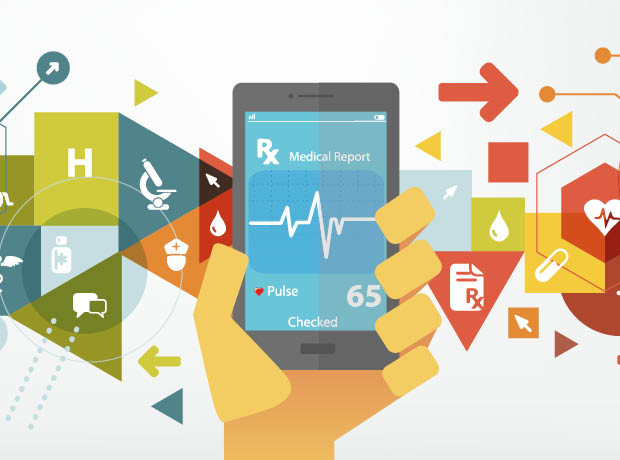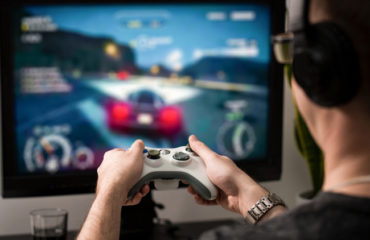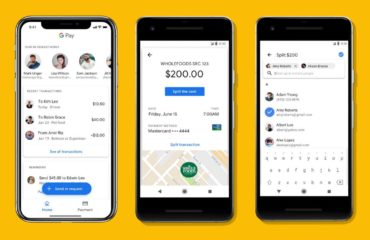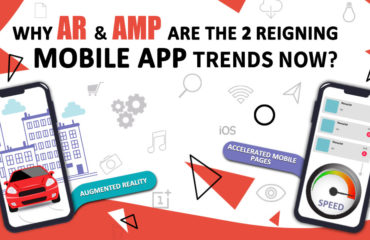
In UK more than 80 percent of the population have access to smart phones. This figure includes 65 percent of the people between the age group of 65-75 years. Currently there are 3,00,000 health apps available all over the world. This number is on the rise as 200 new apps are being added each day. Presently, there are more than 300 different consumer health devices that are available. It includes fitness trackers, smart watches which are connected to bio-sensors for transmitting information to mobile apps wirelessly. The National Health Service has to avail the technological assistance of the health apps in order to cope with the upcoming challenges in this field.
Digital and App Monitoring
Tools of digital health involves wide range of technologies. Mobile applications pertaining to health apps form an indispensable part in its offerings. Apps for general wellness is accountable for the majority of health apps that are available to the customers. Applications which are dedicated towards improving specific health conditions constitute a sector which is growing rapidly.
Currently, a large number of wellness apps are being downloaded by independent people belonging to the domain of health care. This incident has created serious concerns regarding “inverse care law” where people in actual need are getting the worst access to health care. Public Health England and others in response to this have started promoting and encouraging the vast use of prevention and high quality wellness apps. People who pay with long term budget responsibilities are likely to get the most from the offerings by creating a true “health service” as against “sickness service”.
Launched in April 2017, the NHS Apps Library play a pivotal role in this development by facilitating citizens browse through the diverse range of different quality apps. Apart from the wellness apps, there are plenty of apps which are condition-specific. These apps offer support to the management along with imparting tailored education. Moreover, apps play a pivotal role is assisting patients to track their conditions over time. For instance, Start app facilitates people in assessing effectiveness and negative impacts of anti-depressants. It further helps in assessing the condition of the patients and creates a loop of feedback between the experience of the patients and medication.
Biosensors when combined with mobile devices and apps can offer a strong range of approaches for remote monitoring. These combination will help in capturing patient specific data remotely. These data can then be analysed by the help of powerful algorithms which can alert the health care professionals and physicians when pre-determined limits are crossed.
This technique was verified by conducting a trial using digital monitoring. East Lancashire Hospital NHS Trust by following this technology has measured important parametres of patients with acute Chronic Obstructive Pulmonary Disease (COPD) at home. The data collected was sent to a virtual ward by the help of a mobile or a landline and was reviewed by a clinician. This trial has reflected substantial reductions regarding the admission of patients, stay period in hospital etc.
Medication:
Plenty of digital health tools are available to help patients manage repeat medication ordering, find best prices for medicines and polypharmacy to develop primary medication. There are also a broad range of digital tools that are available to support adherence of medication. Dosemetrix, ECAP and similar other devices help in recording when patients are accessing medication either by pushing a capsule or tablet from a blister or by removing a bottle cap. AiCure mobile app uses artificial intelligence to confirm medical ingestion visually.
This article emphasizes upon adopting technology to upgrade health services uniformly. Some of the deep impacts of technical benefits have been discussed for a better understanding.
Source: http://www.pharmatimes.com/magazine/2018/julyaugust_2018/health_apps_working_smarter,_not_just_harder





